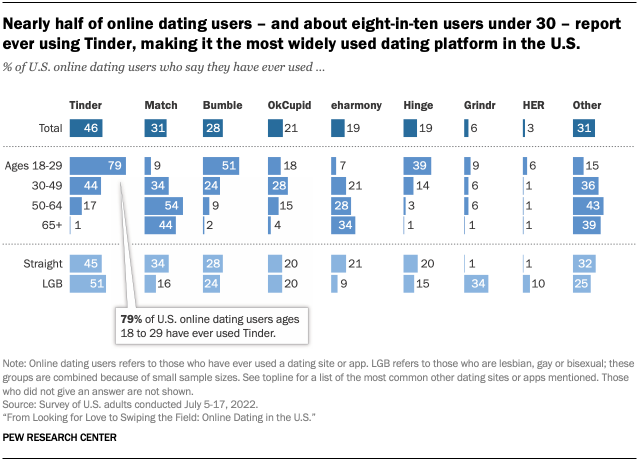Amongst the more common normalcy of “hooking up” amongst college students, there lies a concerning trend that often goes unnoticed: the rising rates of sexually transmitted diseases (STDs).
New York was ranked 36th in the top 100 cities in the United States for the highest STD rates, according to Innerbody Research. Eric Rodriguez, CEO of Innerbody Research, expressed alarm over their research and how it can impact young adults, such as college students.
Rodriguez said, “Our research has revealed a concerning trend: STD rates persist in their upward trajectory nationwide, with young adults remaining particularly vulnerable.
This vulnerability is compounded by the prevalent use of dating apps among college students. A staggering almost 80 percent of online dating users under 30 admit to using platforms like Tinder, as reported by Pew Research Center.

With the convenience of a smartphone or computer in class or in one’s dorm, young adults often engage in casual encounters with those from dating apps or the hookup culture on campus. With no thought of consequence.
The research also revealed gender disparities in the online dating realm. Women who utilize dating apps are more likely to feel overwhelmed by the barrage of messages, while men may grapple with feelings of insecurity due to a lack of responses.
Have digital interactions blurred the lines between genuine connections and fleeting encounters, or even highlighted gender norms?
For students, the allure of dating apps is undeniable. A little over 90 percent of college students reported using Tinder, even more so than other existing dating apps, according to studies conducted by the University of South Carolina. However, more recent studies have suggested that despite the prevalence of dating app usage, a substantial portion of college students remain uninvolved, with almost 80 percent abstaining from or infrequently using these platforms, according to a survey conducted by Axios and Generation Lab.
Mercy University students, like other students across the country, are not immune to the risks posed by rising STD rates and the prevalence of dating apps and hookup culture. An anonymous Mercy University student said, “It’s (hookup culture) a toxic trend in which people are divided up…it does make some school “activity” a little less appealing.”
He continued, “Though I believe Mercy aside, hookup culture is everywhere and from my perspective, it’s worse at other schools..I think that’s because Mercy is more divided socially in cliques…so just different social and wealth classes.”
With STD rates on the rise, college students, including those at Mercy University, can prioritize their sexual health and take proactive measures to protect themselves and their partners.
Rodriguez added, “Apart from consistent condom usage, frequent testing emerges as the paramount proactive measure individuals can undertake to safeguard both themselves and their partners.”
Mercy University provides safe and confidential resources for students through its health office and counseling services, including reproductive health and sexually transmitted infection screening, treatment, and or referral.
Students can schedule an in-person or telehealth appointment by contacting the Health Office at (914) 674-7255 or [email protected]. Additional information is available here.










